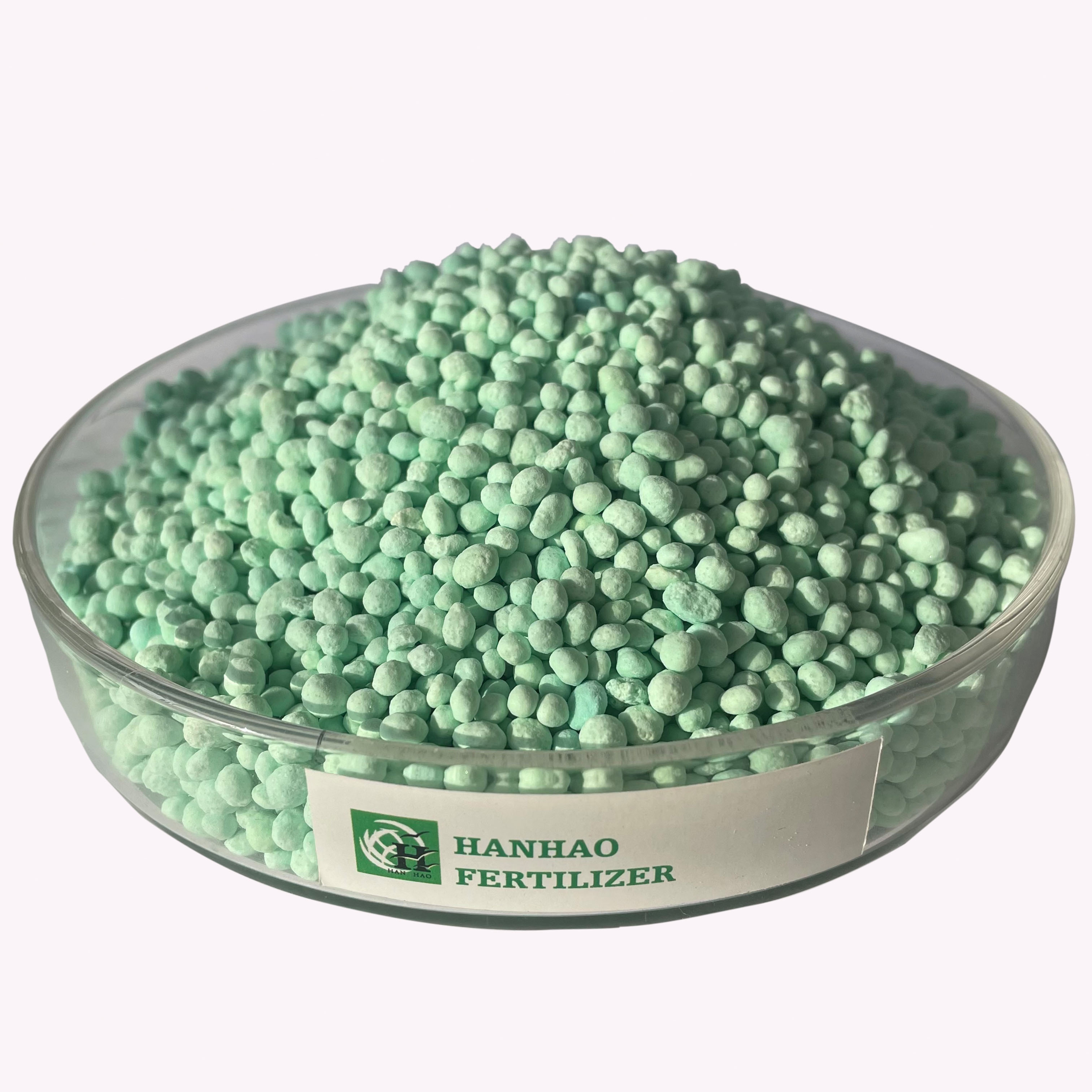
Oct . 06, 2024 10:52 Back to list
best organic soil fertilizer
The Best Organic Soil Fertilizer Nourishing Your Garden Naturally
In an age where sustainability and health consciousness are at the forefront of our lifestyles, organic gardening has gained immense popularity. One of the critical components of successful organic gardening is the use of organic soil fertilizers. These fertilizers not only enrich the soil but also promote a healthy ecosystem, making them the best choice for environmentally conscious gardeners.
What is Organic Soil Fertilizer?
Organic soil fertilizers are derived from natural sources and designed to enhance soil fertility, support plant growth, and improve soil health. Unlike synthetic fertilizers, which can lead to soil degradation and harm beneficial microorganisms, organic fertilizers contribute to a thriving ecosystem. They are made from a variety of materials, including compost, animal manure, bone meal, seaweed, and plant residues. The primary goal of organic fertilizers is to provide nutrients in a form that plants can absorb, while also improving the soil structure and microbial activity.
The Benefits of Using Organic Soil Fertilizers
1. Improved Soil Structure Organic fertilizers help improve soil texture and structure. They increase the soil’s ability to retain moisture and provide better aeration for plant roots. This is particularly important for sandy or clay soils, which can benefit significantly from the addition of organic matter.
2. Nutrient-Rich Composition Organic fertilizers are packed with essential nutrients that support plant development. They typically contain a balanced amount of nitrogen, phosphorus, and potassium, along with trace elements needed for healthy plant growth. For example, compost not only enriches the soil with nitrogen and other nutrients but also contributes to the diversity of microorganisms in the soil.
3. Sustainability One of the most compelling advantages of organic fertilizers is their sustainability. By using organic materials that may otherwise be wasted, such as kitchen scraps or yard waste, gardeners can create a self-sustaining system. This reduces reliance on chemical fertilizers and encourages a more sustainable approach to gardening.
4. Support for Beneficial Microorganisms Organic fertilizers enhance the biological activity in the soil, promoting the growth of beneficial microorganisms. These microorganisms play a crucial role in nutrient cycling, decomposing organic materials, and suppressing plant diseases. A healthy microbial ecosystem is essential for long-term soil fertility.
best organic soil fertilizer

5. Reduced Chemical Exposure By opting for organic fertilizers, gardeners minimize their exposure to harmful chemicals often associated with synthetic fertilizers. This is particularly important for those growing food crops, as it leads to healthier produce free from chemical residues.
Types of Organic Soil Fertilizers
1. Compost Often considered the gold standard of organic fertilizers, compost is created from decomposed organic material, including food scraps, yard waste, and even manure. It is rich in nutrients and improves soil structure, moisture retention, and microbial activity.
2. Animal Manure Well-rotted manure from herbivorous animals (such as cows, horses, and chickens) is an excellent source of nitrogen and other essential nutrients. However, it should be composted or aged before application to avoid burn and pathogen issues.
3. Bone Meal Made from crushed animal bones, bone meal is a rich source of phosphorus, which is essential for root development, flowering, and fruiting.
4. Fish Emulsion This liquid fertilizer is made from fish byproducts. It is high in nitrogen and trace minerals, making it an excellent choice for a quick nutrient boost during the growing season.
5. Kelp Meal Derived from seaweed, kelp meal is packed with micronutrients and growth hormones that promote healthy plant growth and stress resistance.
Conclusion
Choosing the best organic soil fertilizer is a crucial step for any gardener aiming to achieve a thriving and sustainable garden. By understanding the various types of organic fertilizers and their benefits, gardeners can make informed decisions that enrich their soil and enhance plant health. Not only does this approach lead to better yields and healthier crops, but it also fosters a more sustainable environment and promotes a deep connection with nature. Transitioning to organic soil fertilizers is not just a gardening choice; it's a step towards a healthier planet.
-
10 10 10 Fertilizer Organic—Balanced NPK for All Plants
NewsJul.30,2025
-
Premium 10 10 10 Fertilizer Organic for Balanced Plant Growth
NewsJul.29,2025
-
Premium 10 10 10 Fertilizer Organic for Balanced Plant Growth
NewsJul.29,2025
-
Premium 10 10 10 Fertilizer Organic for Balanced Plant Growth
NewsJul.29,2025
-
50 Pound Bags of 13-13-13 Fertilizer for All Plants – Bulk & Organic Options
NewsJul.28,2025
-
High-Efficiency 15-30-15 Granular Fertilizer for Healthy Crops
NewsJul.28,2025
